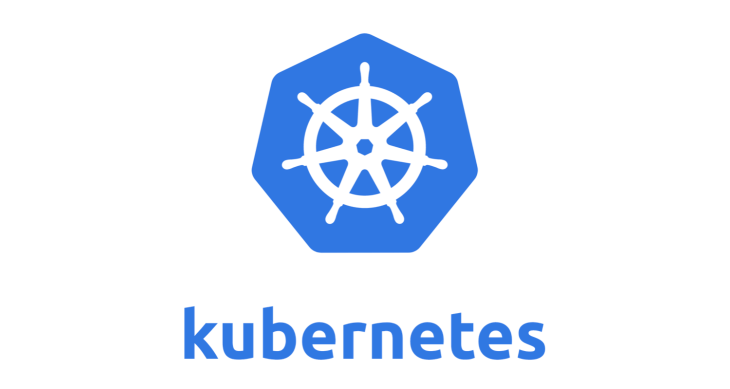 SECURITY
SECURITY
 SECURITY
SECURITY
 SECURITY
SECURITY
Security researchers at Cyble Inc. have uncovered more than 900,000 exposed Kubernetes clusters that could be vulnerable to malicious scans or data theft.
The 900,000-plus exposed clusters were found by the researchers as part of a threat-hunting exercise. It’s noted that although not all are vulnerable to attacks or the loss of sensitive data, they are misconfigured and exposed, and that’s a significant issue in itself.
The majority of misconfigured Kubernetes clusters, 65%, were found in the U.S., followed by China, Germany, Ireland and the Netherlands. The three top exposed ports discovered during the investigation were 443, followed by 10250 and 6443.
On querying the exposed Kubernetes clusters, the researchers found that most exposures have the status code of 403. The response is said to signify that the Kubelet application programming interface accepts the unauthenticated request but determined a lack of necessary authorization to visit that endpoint.
Some of the exposures returned a 401 status, implying that the Kubernetes cluster is functioning in the environment. That may lead to an attack attempting various exploits and vulnerabilities to gain access.
Attackers can also use online scanners to investigate the Kubernetes exposure of an organization and might be able to find Kubernetes Dashboard, which is not password-protected.
The researchers conclude that users must be careful about their cybersecurity posture and that default configurations can pose substantial security threats. Misconfigurations such as using default container names, not protecting the Kubernetes Dashboard with a secure password and leaving service ports open can place a business at risk of data leakage.
“Despite delivering billions of applications with advanced ease and manageability, a major concern of Kubernetes is their ability to maintain security standards across the board,” Taylor Ellis, customer threat analyst at Horizon3 AI Inc., told SiliconANGLE. “The mantra of ‘with greater scale comes greater responsibility’ should be called upon by security professionals to ensure that the open-source software does not provide free exposure to external parties — attackers or researchers alike.”
Ellis added that it’s the organization’s responsibility to perform the minimum procedures such as regularly update Kubernetes software, resolve misconfigurations, employ a password-protected dashboard and close default public ports.
THANK YOU